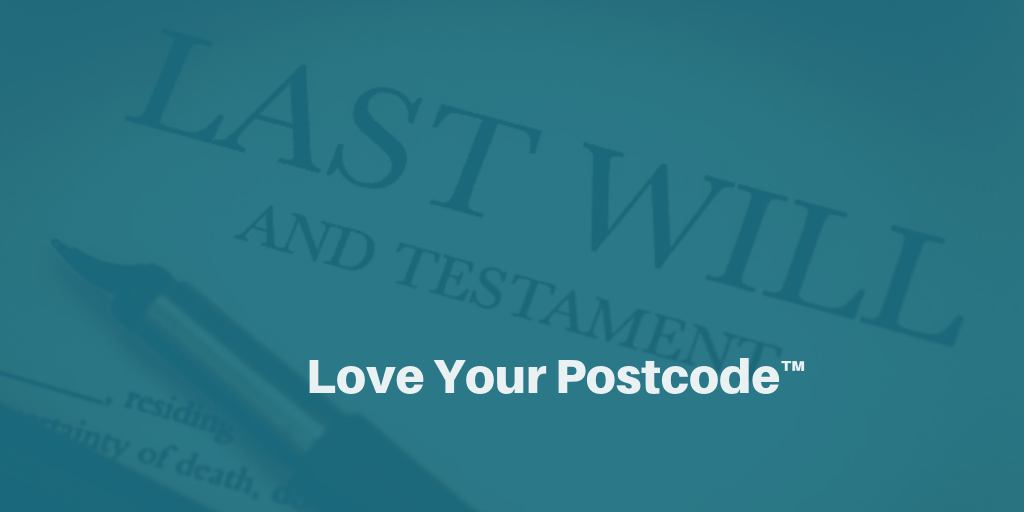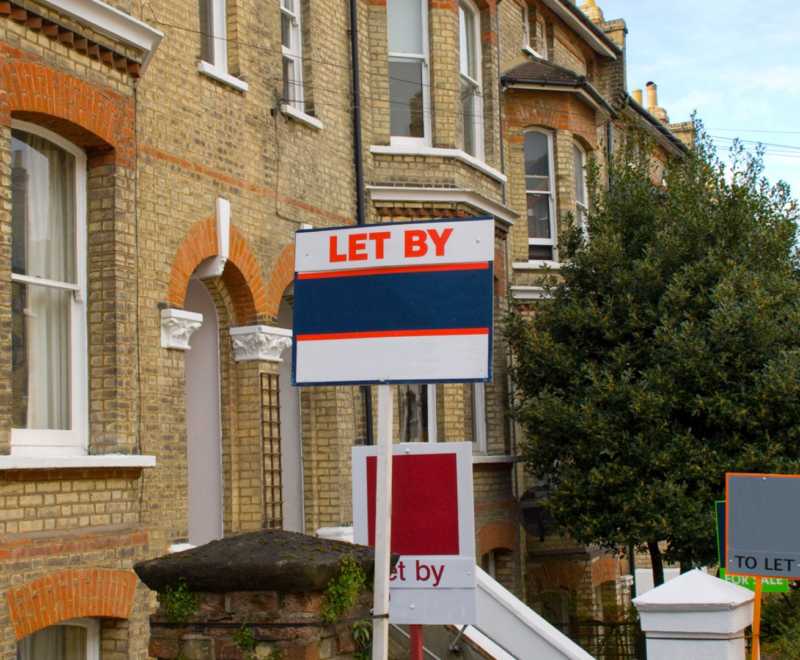When they inherit a property together, siblings have a responsibility to decide what to do with the house. Often a property may be left to multiple people. An example of this is to the deceased’s children and in a scenario where it is left to four siblings, they would each own 25% of the property. What happens next?
What happens when you inherit a house with a sibling
The next step can become a bit more complex as the joint owners should agree on what to do with the property, whether that be selling, renting, or moving into it. This is often where confusion to the rights of each owner can arise since some of the owners may have different plans for the property to others. Knowing your rights is important when the property is involved so that you can ensure you get a fair deal out of whatever is decided for the property.
What if one sibling is living in the house?
As joint owners, all siblings have the right to occupy the home and can only be made to leave if the other owners can get an exclusion order from the courts which is defined as:
“An official order excluding a person from a particular place, especially to prevent a crime being committed.”
Typically, wanting to sell the home isn’t enough grounds for one of these orders.
As an alternative, any of the siblings who want to keep the home or occupy it can form an agreement with ones who want to sell it which would involve buying their share of the house from them.
Can one sibling force a sale?
Each individual owner may have different plans for the property and before it can be sold each of the siblings must agree on each of their ownership stakes in the property.
While the other owners can’t be forced to sell the property, any sibling who wants to sell can ask the courts to order a sale. This would have to be after they, or a solicitor on their behalf, has sent a formal letter to the other owners which sets out their case for selling it and gives other parties a chance to respond.
If the matter did, in fact, go to court, several factors would be considered before a decision was made including the intention of the deceased and the purposes for which the property is owned. After all this is considered, a decision would be made as to the future of the house.
So, while one of the owners can’t sell the property on their own, they can start legal proceedings if they believe the property isn’t being used as the deceased intended.
What if we decide to sell?
If all owners decide to sell the property and split the profits, then there may be a worry about Inheritance Tax or other fees that could be involved.
However, Inheritance Tax is paid from the deceased’s estate and is handled by the nominated executor, the only occasion in which a recipient would have to pay Inheritance Tax is when the deceased’s estate can’t pay or it is specified in the will.
Selling an inherited house is like selling your own house and the only tax you’ll be likely to pay is on the profits made from the sale.
When multiple people inherit a property, it is up to them as a group to decide which direction would be best pursued for them, on condition that the wishes of the deceased are honoured.
Want more information?
Love Your Postcode Group has become one of Birmingham’s top estate & lettings agents because of how our group pays attention to each client. With us, you’re guaranteed a trusted partner that employs skilled and experienced staff that anticipates your every need.
Love Your Postcode Estate Agents gives your home maximum exposure online & offline, getting it more views from potential applicants, therefore more offers, and ultimately the highest possible finishing value. This means you end up with more money in your pocket and you enjoy a higher quality service. Call us on 0800 862 0870 or book a free valuation today.
By









